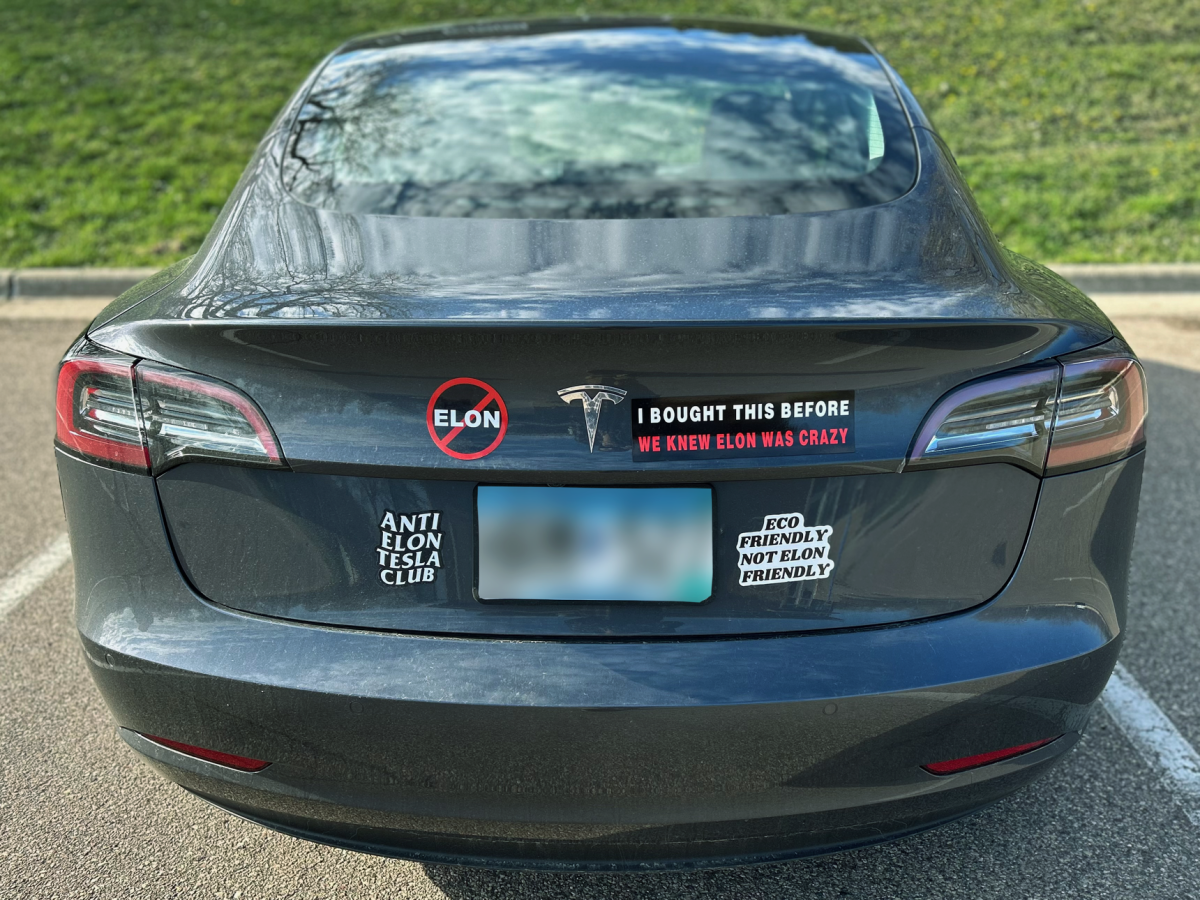In Sept., Facebook and Instagram’s parent company, Meta, announced that new features powered by artificial intelligence were to be integrated into the Metaverse. These new features included the ability to edit images with AI, a conversational assistant, and most significantly, new celebrity AI chatbots accessible through Instagram’s direct messengers.
It is estimated that Meta paid a top celebrity up to five million dollars for the rights to use their image as the face of these new AI bots. These AI products aim to impersonate these celebrities rather than represent them directly. They have different names, but similar interests, mannerisms, and conversational habits. Tom Brady’s AI impersonator is named Bru. “[A] wisecracking sports debater who pulls no punches,” Meta’s website said about Bru. Other AI bots include Charli D’Amelio as Coco, Kendall Jenner as Billie, and Snoop Dogg as Dungeon Master.
However, Meta has intentionally put distance between the AI chatbots and the celebrities from which they are modeled. Mark Zuckerburg, CEO of Meta, said that celebrities being directly represented by AI could come eventually. “[It’s] more of a next year thing,” he said in an interview with The Verge. Celebrities are worried that the chatbots could make problematic statements that could be associated with their personal brand, thereby damaging their image.
Teens already spend hours scrolling through their phones, and many struggle with addiction to social media, which raises the question of whether these AI chatbots could perpetuate this addiction by attempting to replicate a real conversation or social interaction. “You’re interacting with somebody that is not real, who is giving you feedback. And how are you supposed to trust and understand [what] is in your best interest? That [concerns] me,” Edina High School psychologist Nicole Cancialosi said.
When navigating new and unknown advancements in technology, such as AI, it’s important to be cautious and take a step back when needed. “Make sure you know who you’re talking to,” EHS psychologist Kaitlin Senn said.
“Take that pause and allow yourself to be away from whatever platform it is that you’re engaging with, I think it’s good for your own mental health to focus your energy elsewhere,” Cancialosi said.
This piece was originally published in Zephyrus’ print edition on November 30, 2023.







